A of the most commonly used coding protocols is Secure Socket Layer (SSL) and its successor, TLS Layer (TLS). These standards establish a secure connection between a resident's device and the internet, guaranteeing that any information exchanged remains confidential. When residents in an MDU access sites that utilize SSL/TLS, their personal information, such as login credentials and payment billing numbers, is encrypted. This means that although if someone attempts to intercept the data, they would only see a mess of characters and numbers, rendering it almost impossible to comprehend. By promoting the adoption of these protocols, MDUs can greatly enhance the security of their residents' internet activities.
Another important coding technique is Virtual Private Network (VPN) solutions. A VPN creates a protected pathway for internet traffic, which protects individuals from invasive eyes, particularly when using shared wireless connections. In an MDU, where numerous tenants may connect to the identical service, employing a VPN can help guarantee that individual web activities stay private. This is particularly crucial for activities such as online banking or retrieving sensitive data. By encouraging the adoption of VPNs among residents, MDUs can cultivate a safer online environment and help protect against information breaches.

Alongside such coding methods, it is vital for MDUs to educate their tenants about the significance of cybersecurity. Many people may not be conscious of the threats associated with using common web connections. Providing information on how to identify phishing attempts, the importance of robust credentials, and the advantages of employing encrypted websites can enable tenants to take control of their internet safety. Seminars or educational sessions can be effective ways to increase knowledge and encourage optimal habits for internet security.
Ultimately, MDUs should think about working with internet provider providers (ISPs) that prioritize safety and offer advanced coding features. By collaborating with ISPs that implement strong coding standards, MDUs can guarantee that their residents have availability to protected internet services. This partnership can lead to improved general security for the entire complex, as websites well as increased trust among residents. By implementing these steps, MDUs can create a safer internet environment, protecting resident privacy and data security in an increasingly interconnected environment.